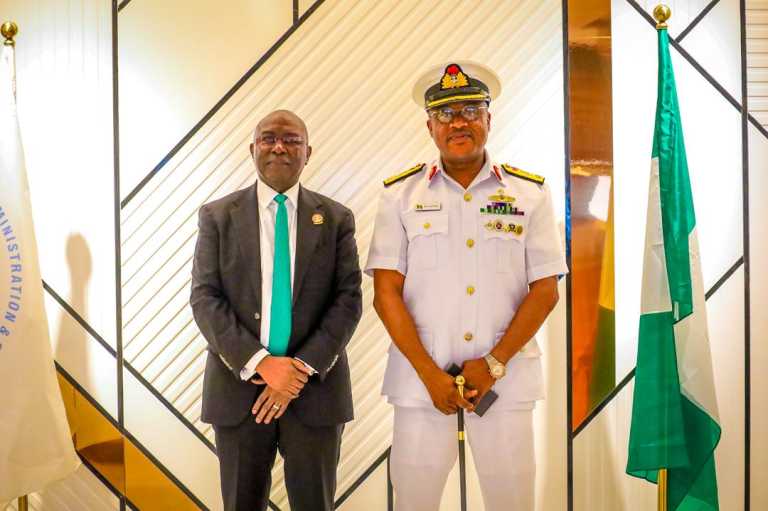Port Regulatory Agency Bill 2023: Nigerian Shippers Council Seeks Stakeholders’ Support
By the new experience Correspondent
The Nigerian Shippers Council (NSC) has called on stakeholders to support the Port Regulatory Agency Bill 2023, urging its speedy passage into law.The bill, which has passed the second reading at the House of Representatives, seeks to repeal the existing Nigerian Shippers’ Council Act and enact a new Shippers’ Council and Economic Regulatory Act.
This legislation aims to strengthen the regulatory framework for the maritime industry, promote economic growth, and enhance the ease of doing business in Nigerian ports
The urging came from the Executive Secretary/Chief Executive Officer of the NSC, Akutah Pius, at the Association of Maritime Journalists of Nigeria (AMJON) 2024 annual conference and awards in Lagos.
Akutah said the bill will aim to enhance regulatory authority, enforce compliance, regulate charges, improve efficiency, eliminate exploitative practices, and bring about fairer trade conditions and fast dispute resolution.
The bill will also boost maritime competitiveness based on global best practices and position Nigeria as a regional hub for shipping.
The Director, Strategic Planning and Research, Rotimi Anifowose, represented Akutah at the conference.
Anifowose emphasized the importance of collective support for the bill, stating that “for a country that wants to have the renewed hope agenda emplaced in the Nigeria maritime industry, we must collectively emphasize the functionality and role of the port economic regulator.”
The NSC has been at the forefront of promoting the bill, which has been concurrently passed by the House of Representatives and the Senate.
The Council is now calling on all stakeholders to support the bill’s assent by President Bola Tinubu.
The NSC has recorded several achievements in recent times. The Council signed a formal bond with the Minister of Marine and Blue Economy in May 2024, which marks a significant milestone in the Council’s efforts to promote the maritime sector.
Additionally, the Council facilitated the official commissioning of the Funtua Inland Dry Port, which is expected to boost trade and economic activities in the region.
The Council also negotiated and facilitated the signing of the agreement on minimum standards of provision of service for maritime workers, which is a significant step towards improving the welfare of maritime workers.
Furthermore, the Council has worked tirelessly to eliminate illegal capital flight and promote transparency in the maritime sector.
The Council has also developed a mobile application that provides real-time trade, shipping, and logistic information to industry stakeholders.
These efforts by the NSC are geared towards realizing the Renewed Hope Agenda for the maritime sector and positioning Nigeria as a major player in the global market.
As Anifowose noted, “if not 90 percent, 85 percent of the cargo in Lome Port is Nigerian bound. What we have are just transshipments. We need to put our hands on deck.
“We need everybody to join us. There are so many things that we can fix, not because we cannot fix them, but because we need to put structures on the ground that will fix them.”
The NSC is confident that with the support of all stakeholders, the maritime sector can be transformed and Nigeria can become a major player in the global market.
The passage of the Shipping and Port Economic Regulatory Agency Bill 2023 into law is a critical step towards achieving this goal.
The bill will provide the necessary framework for the regulation of the maritime sector and will help to promote efficiency, transparency, and competitiveness.
 The New Experience Newspapers Online News Indepth, Analysis and More
The New Experience Newspapers Online News Indepth, Analysis and More
